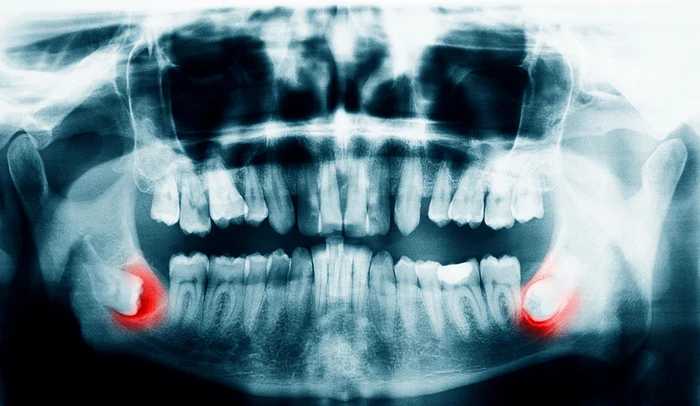Tooth Extraction
We remove a tooth if it poses a threat to oral health. The reasons may include severe decay, infection, improper positioning of a wisdom tooth, or an orthodontic indication.
If a dentist recommends seeing a surgeon, it should be taken seriously. For example, wisdom teeth prone to inflammation are often best removed, as infections from teeth located near the throat can easily spread.
What types of teeth do we remove?
- Baby tooth removal
- Loose tooth removal
- Single-root tooth extraction
- Multi-root tooth extraction
- Impacted wisdom tooth removal
- Atypical tooth extraction

Wisdom tooth extraction
Wisdom tooth extraction is a common procedure performed when the tooth does not fit properly in the mouth, causes pain, inflammation, or affects other teeth.
The procedure is carried out under local anesthesia, and if necessary, an incision is made in the gum to safely remove the tooth.
Recovery typically takes a few days to a couple of weeks, during which it is important to follow the doctor’s instructions to reduce swelling and discomfort.
The costs of impacted wisdom tooth extraction are covered by the Health Insurance Fund (Tervisekassa) if a referral is available.
What to do after a tooth extraction?
After having a tooth removed, it’s essential to follow your dentist’s instructions to ensure a smooth and speedy recovery.
Is tooth extraction painful?
Tooth extraction is performed painlessly under local anesthesia. In certain cases, the procedure can also be carried out under general anesthesia.
Book a Consultation Today
Our specialist will assess your dental health, perform an X-ray if necessary, and explain the procedure as well as the steps needed for recovery.